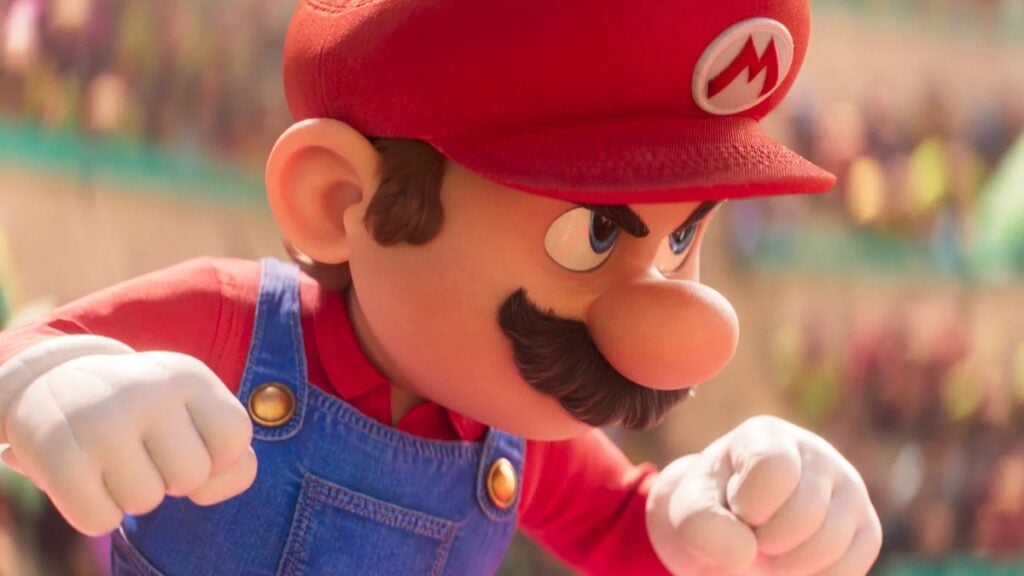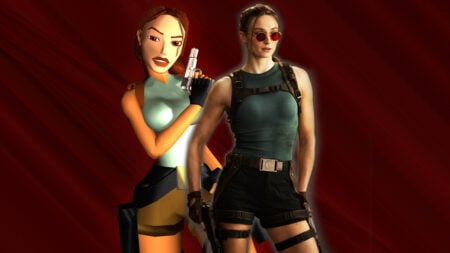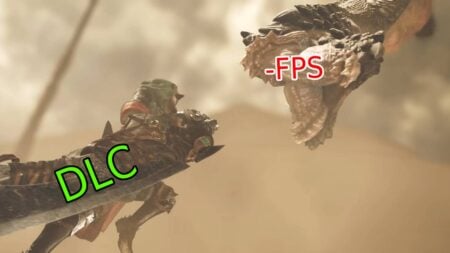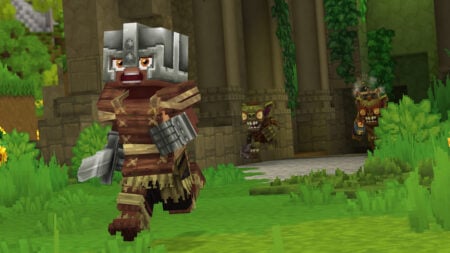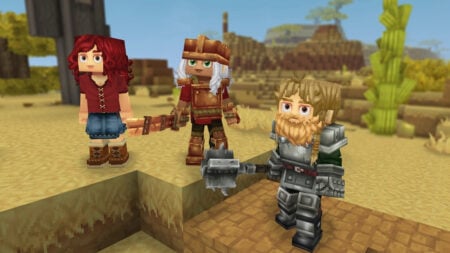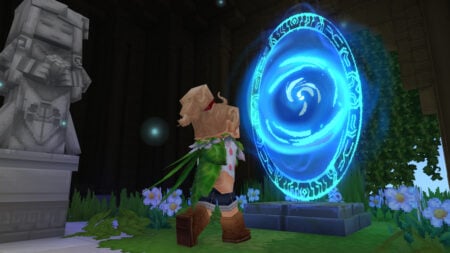Apart from the Switch 2, one of Nintendo‘s recent highlights has been stomping emulators through aggressive lawsuits against indie programmers. A new statement from Nintendo’s legal team, however, indicates that the gaming industry giant is well aware that emulators are technically legal. That didn’t stop Nintendo from suing these “legal” emulators anyway and winning the lawsuits.
Earlier in the week, Japan held its Tokyo eSports Festa which was attended by the biggest names in the gaming industry, such as Capcom, Konami, SEGA, and of course, Nintendo. The corporations’ respective legal teams are also present at the conference, and Nintendo’s IP lawyer has revealed that they agree about the legality of emulators during a panel.
Nintendo’s legal team, however, did reiterate that just because emulators are legal, that doesn’t mean its developers and creators cannot violate other laws. The Nintendo Switch apparently has certain technical restriction measures where pirated games are not allowed. According to Android Authority, bypassing such measures is a ground for a lawsuit both in Japanese laws and the DMCA (Digital Millennium Copyright Act) in the US.
It’s Gets More Complicated
The specific United States DMCA section into which emulator creators ran afoul would be this one:
“DMCA Section 1201(a)(1)(A): ‘No person shall circumvent a technological measure that effectively controls access to a work protected under this title.'”
It just so happens that some of the most popular emulators that Nintendo shut down, such as Yuzu, Citra, and Ryujinx all have this capability of bypassing the Switch’s piracy restrictions. Hence, any gamer who manages to download Nintendo Switch emulators can also play pirated Switch games, basically getting all of Nintendo’s catalog for free.
So while those emulators are indeed, legal, the way they let you play games is not legal. The emulator’s devs could technically ask for a license to sell and distribute with Nintendo, essentially partnering with them to become official.
However, there’s also the question of whether Nintendo would agree to such a partnership and risk losing out on potential Switch console sales since people could just use their PCs and laptops to play.
Regardless, independent and third-party emulators are hot potatoes right now, and it would be interesting to see how emulator devs and creators will react to the recently unveiled Nintendo Switch 2.

